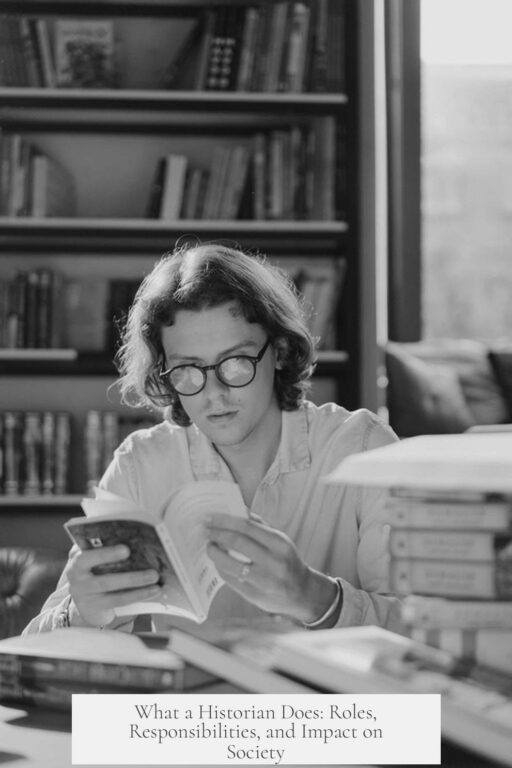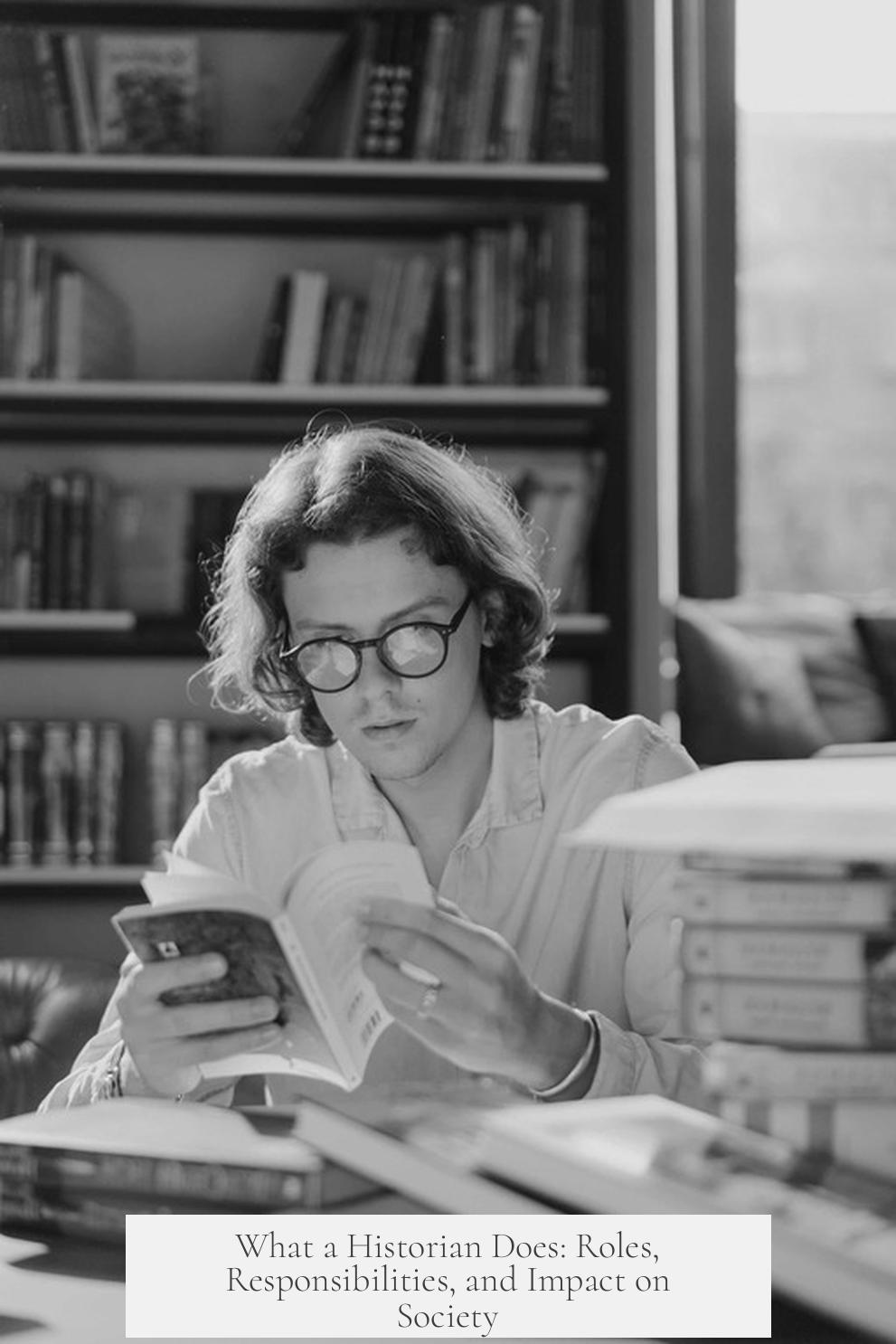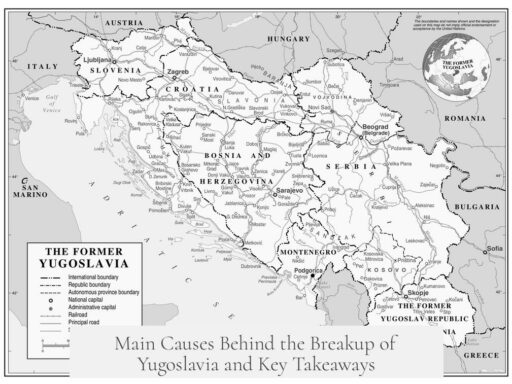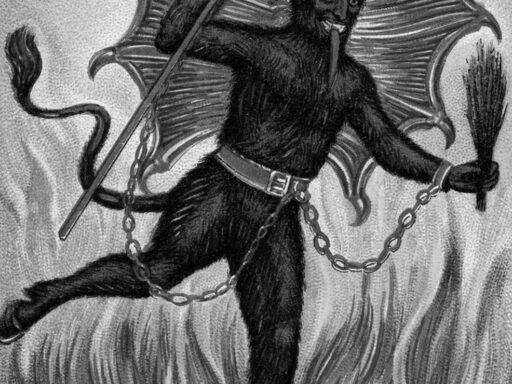A historian primarily researches, teaches, and publishes knowledge about the past. Most historians work as academic professors, combining education with ongoing research. Their role involves expanding understanding within their specialty and sharing findings through articles, books, and lectures.
Historians typically spend their days teaching classes and meeting students. For example, one historian might teach global environmental history and Western civilization, grading papers and holding office hours. These daily tasks balance direct student interaction and scholarly activity.
Research forms the core of a historian’s work. Outside the academic year, they often focus on writing or visiting archives to uncover original documents. This archival research supports their publications, which contribute new insights into historical events or themes.
Historians may specialize in various fields, such as social, economic, or environmental history. They engage with other experts by discussing ideas, attending conferences, or peer reviewing. This collaboration helps verify facts and refine interpretations.
| Role | Typical Activities |
|---|---|
| Academic Historian | Teach classes, conduct research, write and publish articles or books, advise students |
| Popular Historian / Writer | Write for general audiences, produce documentaries or magazines, less formal research |
Not all individuals calling themselves historians hold graduate-level training. Some are “amateur” or popular historians who communicate history to broader audiences. However, professional historians usually undergo rigorous academic preparation and produce peer-reviewed scholarship.
- Historians research and publish detailed studies of the past.
- They teach history at higher education institutions.
- Daily work includes student interaction, grading, emails, and research.
- They travel to archives or focus on writing outside the academic calendar.
- Professional historians hold advanced degrees and collaborate with peers.




